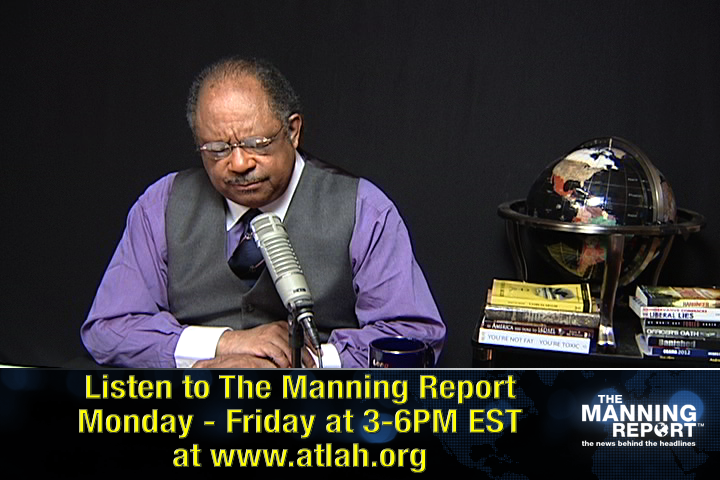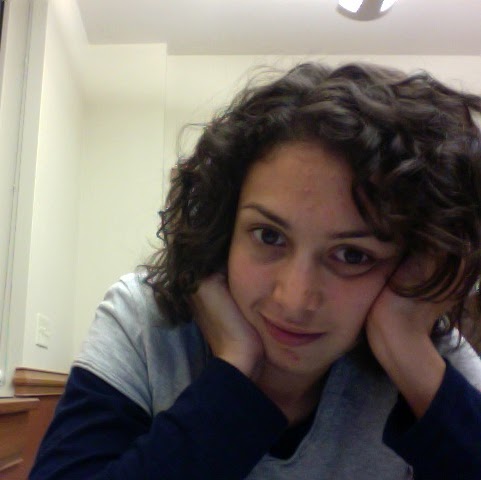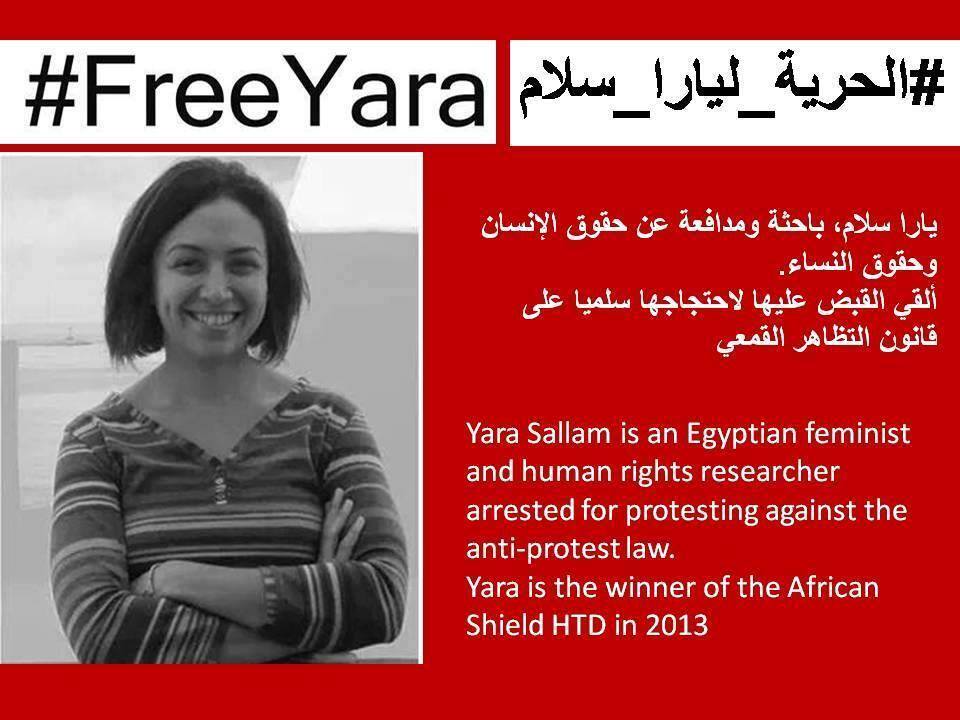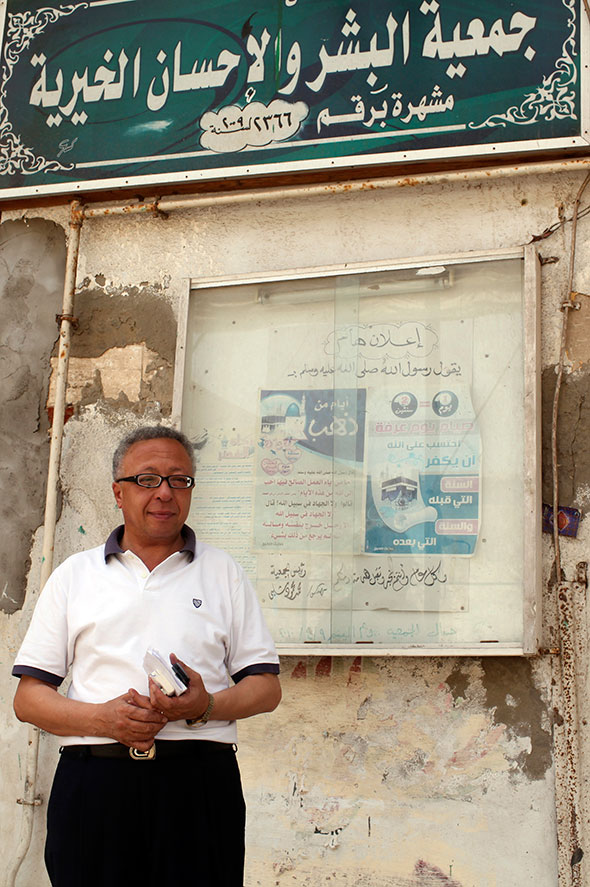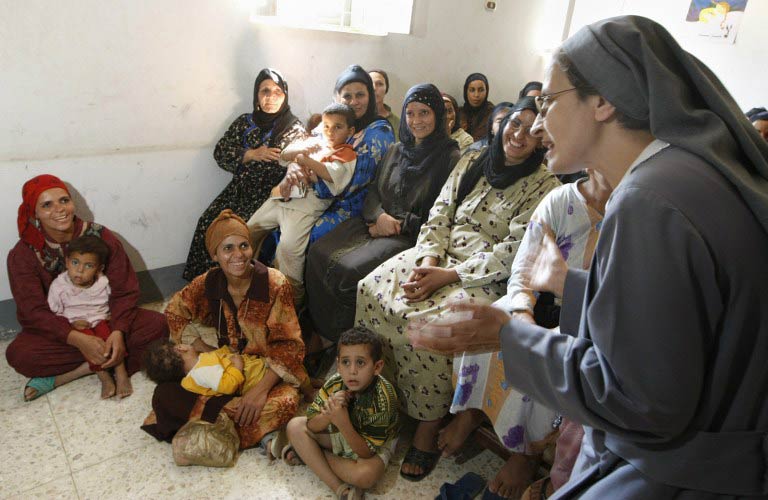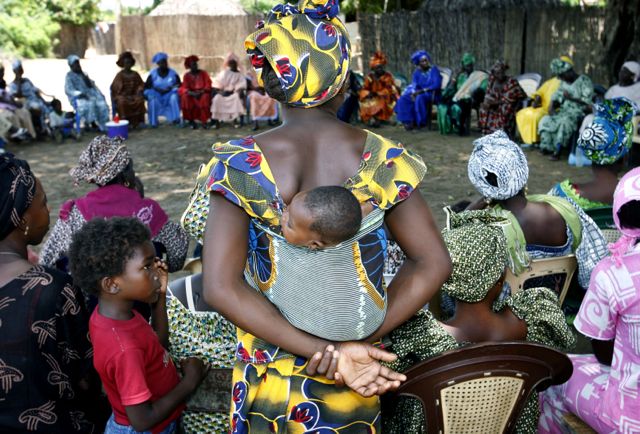
Her name is Suhair al-Bata’a. The 13-year-old Egyptian girl dreamt of one day becoming a journalist. In 2013, she was taken by her father to Dr Raslan Fadl Halawa’s clinic to undergo female genital mutilation, also known as FGM. She senselessly died at the hands of Halawa. The doctor, who was initially absolved of any wrongdoing in December 2014, was recently sentenced to three years of “hard labour” for manslaughter and three months for FGM by an Egyptian appeals court. Suhair’s father received a suspended sentence.
This is the first conviction of its kind ever handed-down by an Egyptian court, even though FGM has been illegal in Egypt since 2008. While this may seem like a win on the surface, the reality is that practice of FGM remains endemic not only in Egypt but also in many parts of the world. FGM is known to be practised in more than 27 countries, mostly in the Middle East, Africa and some parts of Asia and Europe. The World Health Organisation estimates that over 100 million girls and women have been subjected to FGM, with an estimated three million at risk of undergoing the practice every year.
FGM happens because families and communities choose to have their young girls undergo this practice. A practice that denies girls the right to physical and mental integrity; freedom from violence; freedom from discrimination on the basis of sex; freedom from torture, cruel, inhuman and degrading treatment; and the right to life when the procedure results in death, like in Suhair’s case. With all these rights denied, it’s almost inconceivable to think that medical or religious justifications for this vile practice still persist to this day.
The Centre for Egyptian Women’s Legal Assistance (Cewla), alongside other women’s rights organisations and campaigns, advocated for a ban against FGM which was successfully passed in 2008. The organisation also advocated to get Suhair’s case to court. Sara Katrine Brandt, international advocacy coordinator for Cewla stated, “As much as we succeed back then in getting a ban, many, many years of just not implementing the ban really shows how big of a task it is to eliminate this and that it is very embedded in the tradition and in the culture that this is the ‘right thing’ to do.”
Women’s rights advocates from Egypt and across the globe have long named FGM for what it is: a gross violation of the human rights of girls and women. FGM seeks to subordinate and control women. And in places like Egypt, women’s bodies have been consistently used as a tool for oppression.
Amal El Mohandes knows this all too well. She is the director of the women human rights defenders program at Nazra for Feminist Studies, an Egyptian non-profit feminist organisation. El Mohandes argues that the Egyptian penal code normalises violence against women. When it comes to FGM, there are loopholes within the current law which state that FGM is a crime unless it was performed due to a medical necessity, which leaves the door wide open to interpretation. Whilst El Mohandes says the conviction of Halawa was a step in the right direction, she stresses that it is simply not enough. “Definitely, holding the perpetrator accountable is a step forward however what is really needed is a holistic approach.” For El Mohandes, a holistic approach in Egypt means a comprehensive national strategy to combat ALL forms of violence against women, be it in the public or private spheres.
Even though Nazra for Feminist Studies and other feminist groups want to directly help in crafting a comprehensive national strategy, they have been so far ignored by the Egyptian National Council for Women that has been tasked to work on this. None of the feminist groups that Nazra works with have even been consulted. El Mohandes says this is a lack of transparency on the government’s part at a time when Nazra’s experience in the field of gender-based sexual violence is urgently needed to halt violent crimes against girls and women. “Hospitals in Egypt are not equipped with rape kits, physicians and nurses do not know how to deal with survivors of sexual violence, the police themselves, even with FGM, they are not trained on how to deal with reports of such cases, they tend to sidetrack these cases or not even understand the fact that they are crimes of violence,” she explains.
Brandt agrees that a law banning FGM is only a tiny piece of a larger puzzle. Cewla recommends that the Egyptian government should “take strategic steps in order to be able to campaign and to let people know that FGM is illegal and to educate Egyptians on implementing this ban”. On this International Day of Zero Tolerance for Female Genital Mutilation, many governments will pay lip service to stopping FGM. Egypt will valiantly point to the conviction of Dr Fadl Halawa as proof that FGM is being ‘dealt with’. But little will concretely be done to link this crime as one of violence against girls and women and getting at its root causes.
Until mentalities change radically to embrace women’s bodily integrity as a non-negotiable human right, we will sadly still have to underline that zero tolerance for FGM is needed, for years to come, all the while still seeking justice within corrupt judicial systems and with governments that don’t see women’s rights as important enough on their political agendas. Somali poet Hudhaifah Siyad sums it up best: “They called it circumcision, I retorted mutilation, They called it dignity, I retorted inhumanity, They shouted, “get out of our sight!” Sorry sister, none couldn’t hear my plight.”
Nelly Bassily is a member of the Association for Women’s Rights in Development. Connect with her on Twitter: @nellybassily

